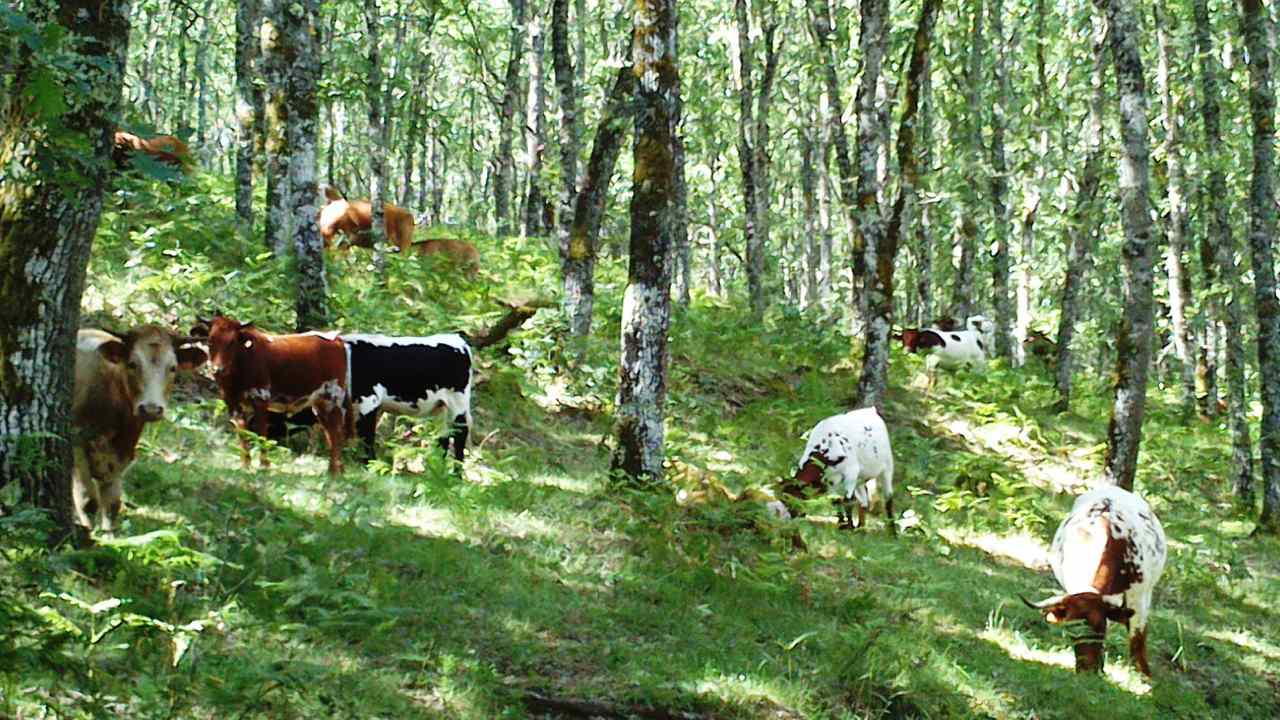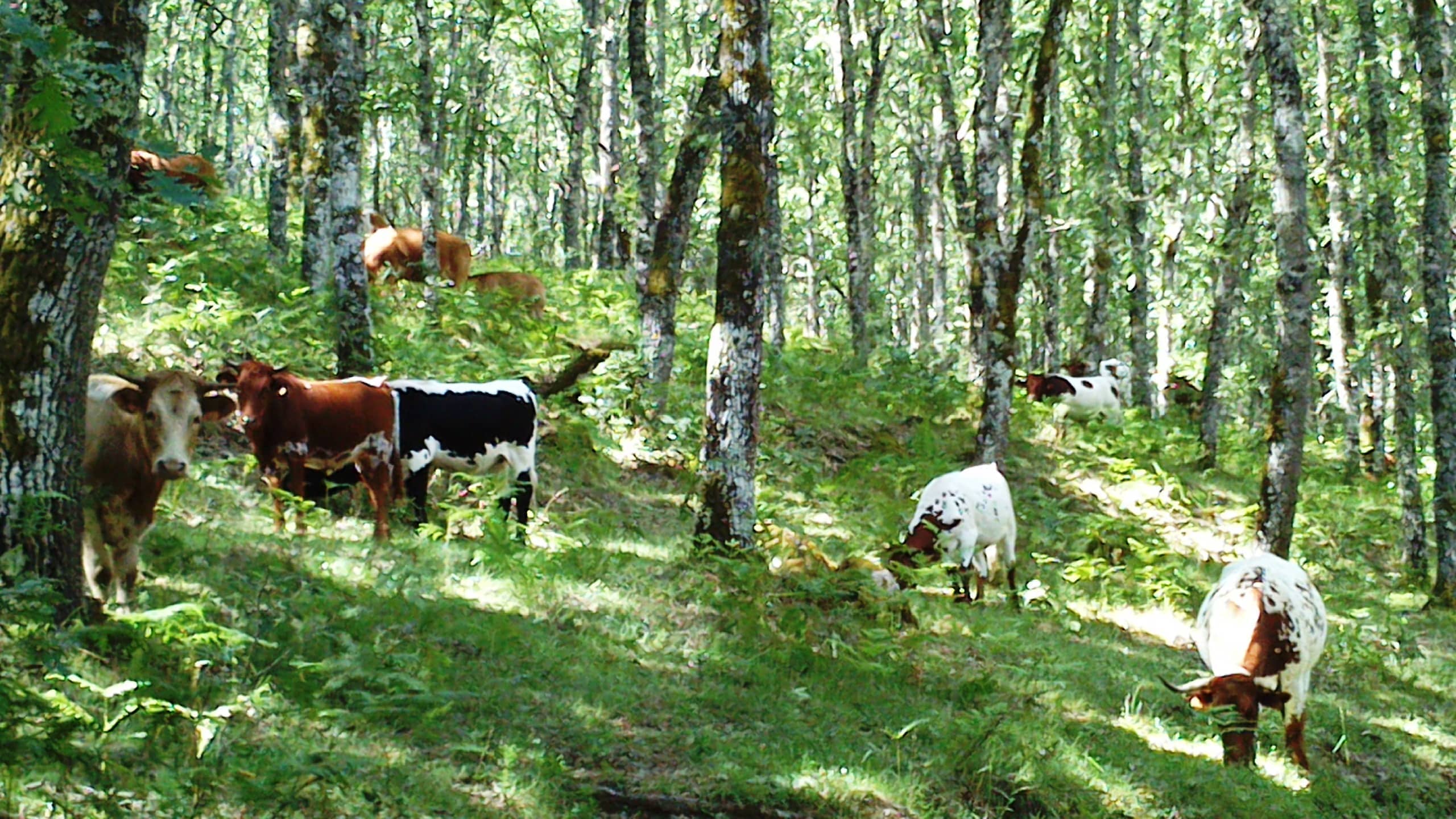Our countryside is one of the wonders of the world – a great patchwork quilt of green fields, hedgerows, and rolling hills. But our sad little secret is that England ranks among the most nature-depleted countries in the world. Countless species have vanished altogether, and others cling on in isolated patches of remnant nature.
While most of us are dimly aware of nature’s decline – car windscreens no longer splattered with insects after a summer car journey; a countryside strangely silent in springtime – few realise the full extent of the catastrophe that is unfolding around us. Accounts from earlier centuries describe meadows riotous with colour, hedgerows thronged with songbirds.
Recently however, something has begun to shift in our relationship with the natural world. Amid the loneliness of the lockdowns, people experienced an upwelling of love for [their own] local nature and there is much public support for efforts to restore the natural fabric of our country to its former vibrancy.
The EU’s gigantic Common Agricultural Policy (known as the CAP) has provided the principal impetus for what has gone wrong. Under the CAP, subsidies have been doled out each year to farmers according simply to how much farmable land they own, in a policy which, if proposed today for the first time would be dismissed as ludicrous. Under CAP rules, pockets of nature remaining on farmland, such as scrub or ponds, are condemned as ineligible features and must be removed if the subsidies are to keep coming.
Rewilding has certainly captured the imagination of the public, four out five of whom are enthused by the prospect
As the biological function of our soil has declined and ecosystems have withered, so farmers have been forced to use ever-greater quantities of chemical fertilisers and pesticides to keep an unsustainable system afloat. It’s not just wildlife we’re losing. If you’ve ever wondered why our rivers and coastal waters so often run brown, it is because exposed soil is simply being washed away.
The impact of the CAP has been especially harsh in our remoter, less productive landscapes, including our national parks. Britain is one of the least wild countries in Europe, principally because our uplands have been systematically stripped of nature to make way for sheep. One of the consequences is flooding. The science is crystal clear (unlike the water in our rivers): if you strip hills of nature, you significantly exacerbate the cycle of flash-flooding and seasonal drought.
Environmental decline has gone hand-in-hand with economic and social decline. Even with CAP hand-outs, in much of Britain intensive farming just does not pay. As the average age of hill farmers creeps ever higher, many of our rural communities are dwindling.
The Agriculture Act 2020, first conceived by Michael Gove, marks a turning point. The Act’s Sustainable Farming Incentive tier rewards farmers on productive land for adopting sounder practices, such as no longer ploughing the soil (min-till); and working with rather than against nature in the control of pests (integrated pest management).
Also included in the Act is a second tier, Local Nature Recovery, which creates a generous incentive for farmers to restore wildlife habitats such as field margins, fat hedgerows, ponds and streams within farmed landscapes.
The third tier, Landscape Recovery, provides funding for large-scale nature restoration projects by individual or clusters of farmers on agriculturally marginal farmland. This notion of rewilding landscapes, while controversial, has certainly captured the imagination of the public, four out five of whom are enthused by the prospect, according to a recent poll.
We are told that prioritising nature in our remoter landscapes will hit food production and rural employment. These arguments are simply wrong. Turning the least productive fifth of our farmland towards nature recovery would lead to a less than 3 per cent reduction in food production (National Food Strategy 2021). Intensive sheep farming in our overgrazed uplands has such a low yield as to be net-negative in terms of food production, taking into account winter feed and the damage done to the hydrological system which affects more productive farms downstream.
Moreover, farming does not cease in wilder landscapes. Wilder farming, the extensive grazing of native cattle through semi-open woodland mosaics, may therefore be a more apt term in a British context than rewilding. In fact, rural employment is seen to increase by 50 per cent on average in such places (Rewilding Britain 2021).
The real issues when it comes to food security are the 250,000 acres of our most productive land that is used to grow crops to feed bioenergy reactors, the 3 million tonnes of homegrown grain fed to animals miserably confined for life in highly inefficient indoor livestock units and the jaw-dropping 9.5 million tonnes of food that is wasted in the UK each year, worth more than £19 billion.
England’s radical rethink of farm payments is a win for farmers, because it secures ongoing state funding for farming into the future, in a way that is skewed to the benefit of smaller, family farms on less productive land. It is a win too for nature, the biggest we have ever known, and a world first. $700 billion is handed out globally in farm subsidies each year. As countries grapple with the mighty challenge of how to restore nature, the eyes of the world are now on England.







Comments